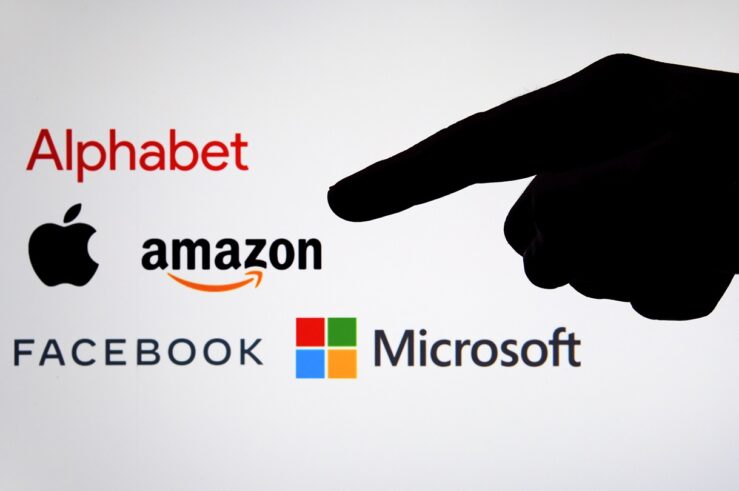Gordon Crovitz, writing in today’s WSJ, notes that news that more than half of Americans over 12 have Facebook accounts powerfully suggests that people don’t care that much about “trading personal information for other benefits.” He asks, “why is Washington so focused on new privacy laws?” He’s referring, e.g., to the Obama administration’s call for a “privacy bill of rights.”
Crovitz notes that “[i]n exchange for passively letting advertisers know enough about us to deliver more relevant marketing messages, we get many otherwise free services on the Web. If we have to see advertisements, at least they’re not completely irrelevant or inappropriate.” There’s also “the unintended consequences of regulation.”
Indeed, as Kobayashi and I wrote several years ago in State Regulation of Electronic Commerce:
Regulators’ estimates of [privacy] values higher than those reflected in market transactions might be wrong. If so, they might reduce rather than increase individual autonomy, as by preventing people from effectuating their shopping preferences through cookies. This suggests that government should move carefully in second-guessing market decisions. One way it could do so is by maximizing exit through an emphasis on state, rather than federal, regulation.
My blogging colleague Paul Rubin more recently called for a more careful cost-benefit analysis of privacy regulation, here and here. In the latter post he noted:
We do not understand that we can be “tracked” but that no one is tracking us. That is, data on our searches may exist on a server somewhere so that the server “knows” it, but no human knows it. We don’t intuitively grasp this concept because it it entirely alien to our evolved intelligence.
In other words, the whole concern may be based on a cognitive error.
So how do we know how far to go? We don’t. Which is why any regulation here should be careful and incremental, with appropriate opt-ins, opt-outs, sunsets and limitations. As Kobayashi and I argued in the above article, we might even consider leaving this to state competition, made practicable even for the global internet by sophisticated tracking and blocking technology.




